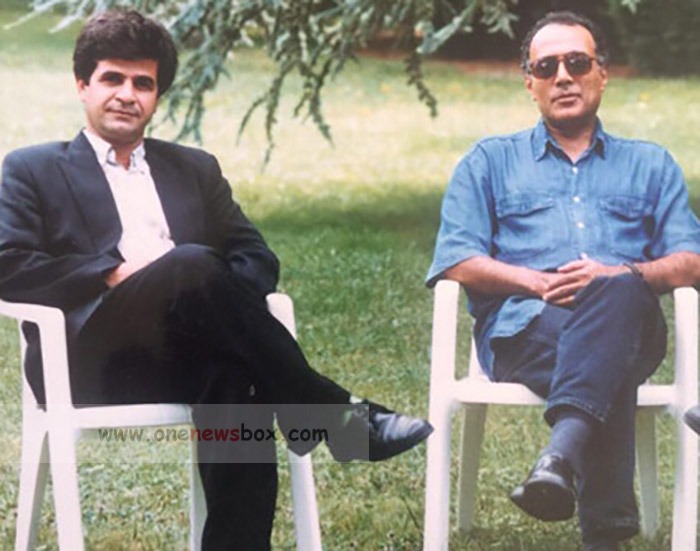Collaboration with Abbas Kiarostami
One of the most pivotal relationships in Panahi’s career was with Abbas Kiarostami, often considered the father of the Iranian New Wave. Panahi worked as an assistant director on Kiarostami’s celebrated film Through the Olive Trees (1994), gaining exposure to the minimalist, allegorical style that characterized much of Iran’s contemporary cinema. Kiarostami encouraged Panahi to find his own voice, and the mentorship proved invaluable. The following year, Panahi released his debut feature, The White Balloon (1995), which was scripted by Kiarostami.
The White Balloon tells the story of a young girl trying to buy a goldfish for the Persian New Year and was hailed for its neorealist style and emotional depth. The film won the Caméra d’Or at the Cannes Film Festival, becoming the first major international award for an Iranian film at Cannes. It established Panahi as a formidable new talent in world cinema.
Cinematic Style and Themes
From the outset, Panahi’s films stood apart for their subtle yet profound critique of Iranian society. His work often features non-professional actors, minimalistic dialogue, and narratives that revolve around women, children, and those marginalized by the system. Each of his films offers an incisive commentary on the limitations imposed by patriarchal, religious, and authoritarian structures.
His second feature, The Mirror (1997), begins as a straightforward story of a young girl trying to return home from school but gradually reveals itself to be a film within a film. The protagonist, frustrated with the director’s orders, removes her costume and declares she no longer wants to act—blurring the line between reality and fiction. This metafictional element became a recurring motif in Panahi’s later works.
The Circle (2000) took a bolder approach, examining the lives of women who have been incarcerated and are trying to survive in a hostile and misogynistic society. The film was banned in Iran but won the Golden Lion at the Venice Film Festival. Panahi’s willingness to challenge gender norms and criticize systemic oppression made him a target of the authorities.

